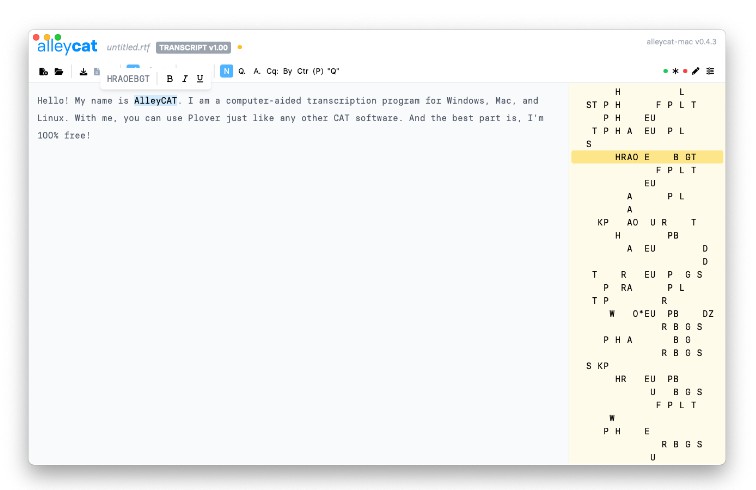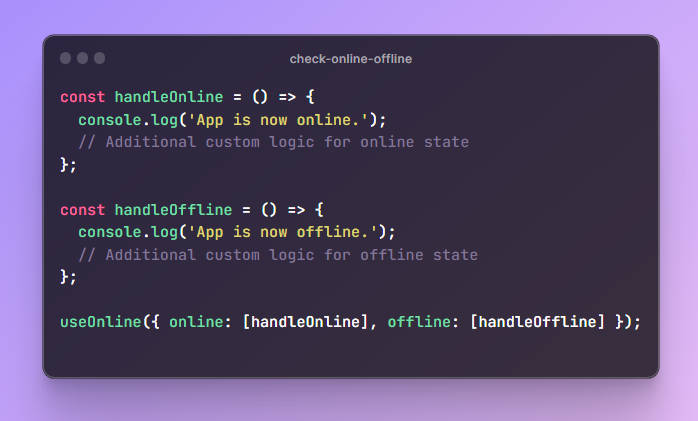Void ?
If you’re a React library maintainer, you may have come across a case where you need to store a user-provided value.
const ref = useRef<Value | null>(null);
How do you check if the ref contains a value? You could check if ref.current is null, but the generic is provided by the user and null could be a valid value. One possible way is doing something like this.
const ref = useRef({
// Keep track of value assignments.
hasValue: false,
maybeValue: null as Value | null,
});
function setValue(value) {
// Set the value as present.
ref.hasValue = true;
ref.maybeValue = value;
}
function doSomething() {
if (ref.hasValue) {
// We need the nullish assertion.
const value = ref.maybeValue!;
// Do something...
}
}
This works, but is a bit verbose and since maybeValue can’t really be typed, you’ll need the non-null assertion (and disable the eslint warning!).
Alternatively, you may use Void as a new primitive value. Unlike null, users won’t be able to see or provide this type, so you’re sure there will be no conflicts.
import { Void } from "ts-void";
Thanks to some typescript wizardry, Void acts a a real primitive. It is both a value and a type, and it works with equality narrowing.
const ref = useRef<Value | Void>(Void);
function doSomething() {
if (ref.current !== Void) {
// Now ref.current is only of type "Value".
}
}
You may be wondering what to do if also the user uses this library and provides Void as a value. Well, for these cases you can use ts-void-2!
Jokes apart, the whole point is to make this type private and never expose it to the user, otherwise it’s just a new nullish value, and Javascript has enough of those!
The way to ensure this is to bundle ts-void inside your library, and not use it as a dependency. Even if the user use ts-void, your private Void type will be unique!









